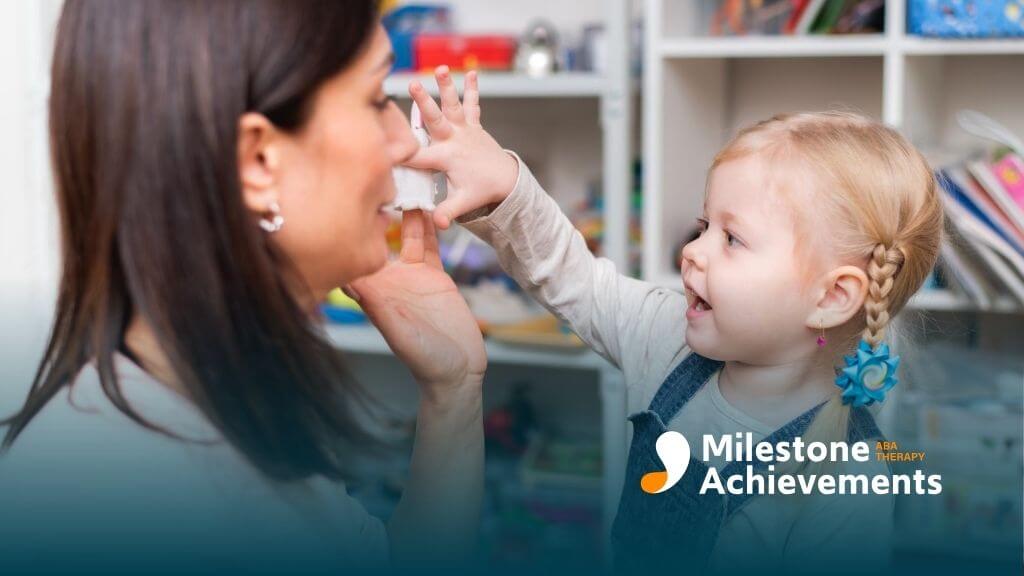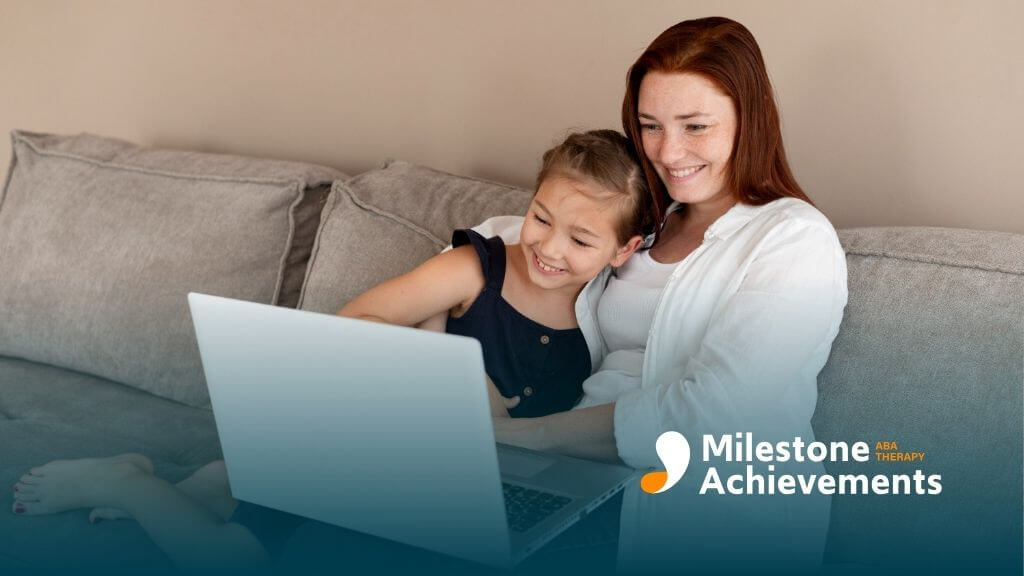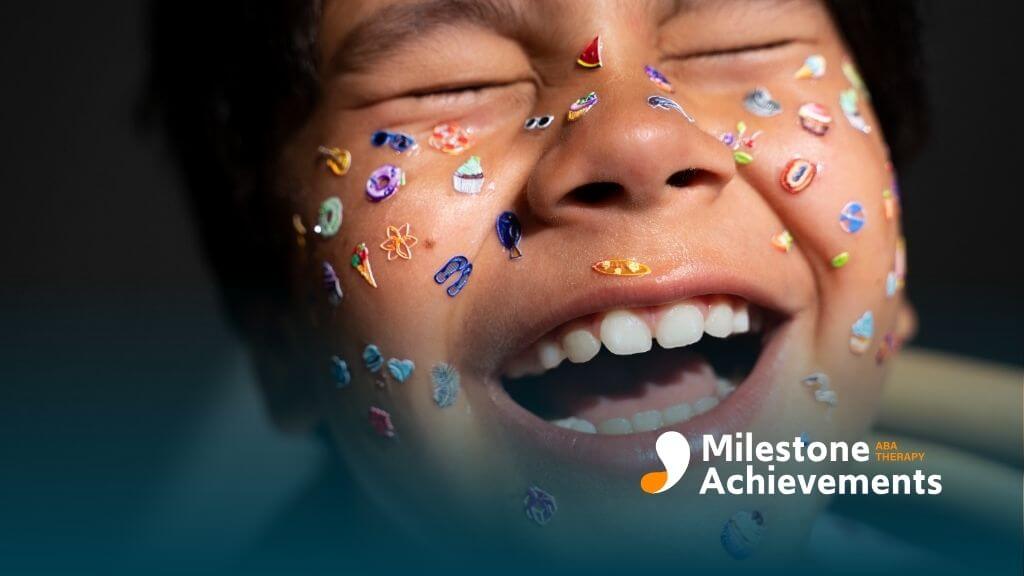
Best Age for ABA Therapy: When to Begin for Best Results
Is your child ready for ABA therapy? Find out why starting between 2-3 years old is ideal for long-term success. Find out the benefits of early intervention.
When parents first learn about ABA (Applied Behavior Analysis) therapy, one of the first questions they often have is: What is the best age to start ABA therapy?
ABA therapy is a proven, structured approach to helping children with autism develop critical life skills and reduce challenging behaviors. While it’s never too late to start therapy, starting early gives children the best chance for success.
Let’s dive into the reasons why age matters when it comes to ABA therapy, and the optimal time to begin.
The Importance of Early Intervention: 2 to 3 Years Old
2 to 3 years old is generally considered the best time to begin ABA therapy. This period is often referred to as a child’s “window of opportunity,” as the brain is particularly receptive to learning during these early years.
- Brain Development: Children’s brains develop rapidly during the first few years of life. Neural pathways for communication, social interaction, and emotional regulation are all forming during this time. ABA therapy taps into this growth by helping children develop these skills early on, setting them up for success as they grow.
- Catching Up Early: If a child starts therapy at this age, they can often catch up to their peers in terms of communication, social skills, and behavior. Early intervention helps to prevent further developmental delays from becoming more pronounced as the child gets older.
- Better Long-Term Outcomes: Numerous studies show that children who begin ABA therapy before age 3 are more likely to achieve significant milestones, like starting school on time, managing their emotions effectively, and interacting with peers in a positive way.
Why Not Wait? The Risks of Delaying ABA Therapy
While it’s never too late to begin therapy, waiting can have its drawbacks. If therapy doesn’t start until a child is 4 or older, they might have a harder time making up for lost time, especially in areas like communication and social interaction. As children get older, they may also develop habits or behaviors that are harder to change.
- Social Skills Challenges: If a child starts therapy later, they may have already missed key social learning moments — making it harder to catch up with peers in group settings like school.
- Learning Delays: Delaying therapy can also result in bigger gaps in learning. The longer a child goes without intervention, the more difficult it may be for them to develop essential communication and behavioral skills.
Starting ABA Therapy Between 4 and 5 Years Old
Although 2 to 3 years old is optimal, starting ABA therapy between 4 and 5 years old can still be highly beneficial.
At this age, children are more aware of their surroundings and may already have some early language and social skills. Starting ABA therapy at this stage allows for continued skill development, particularly in areas such as:
- Refining Communication: Children between the ages of 4 and 5 are often in the process of mastering basic language. ABA therapy can accelerate this process by teaching them to use language more effectively, both for expressing needs and engaging socially.
- Improving Social Skills: At this age, children are learning to interact with others in more complex ways, like playing with peers, sharing, and responding to emotions. ABA therapy helps these skills develop by using structured, positive reinforcement strategies.
- School-Readiness: If your child is approaching school age, ABA therapy helps them develop the behaviors needed for a successful school experience, like following directions, participating in group activities, and adjusting to the structure of a classroom.
What If My Child is Older? Is It Too Late for ABA Therapy?
Absolutely not. While 2 to 3 years old is the ideal age, ABA therapy can be beneficial at any age. If your child is older than 5, starting ABA therapy is still a great option.
- Older Children & Teens: For older children and teens, ABA therapy can shift focus to building independence, improving coping strategies, and teaching social skills. It’s all about personalizing the therapy to meet your child’s developmental needs at the time.
- Adults with Autism: ABA therapy can continue to be beneficial for adults, especially for helping with skills like job readiness, emotional regulation, and independent living. The techniques may look different, but they remain effective.
Signs It’s Time to Start ABA Therapy
You don’t have to wait until your child reaches a certain age to start ABA therapy. If your child shows any of the following signs, it’s a good idea to begin therapy as soon as possible:
- Delayed Speech: If your child is not speaking or has limited speech, ABA can help teach communication skills, using everything from verbal language to alternative communication systems like sign language or picture cards.
- Social Challenges: If your child avoids eye contact, has trouble playing with others, or seems unaware of social cues, ABA therapy can help them learn social skills step by step.
- Repetitive Behaviors: If your child engages in repetitive actions like hand-flapping, rocking, or spinning, ABA can teach them more appropriate ways to engage in activities.
- Difficulty with Daily Skills: ABA therapy can also help children with basic daily tasks like eating, dressing, and following routines.
The best age to start ABA therapy is 2 to 3 years old. The earlier you begin, the more likely your child is to experience long-term success in communication, social interactions, and behavior. However, it’s never too late to start ABA therapy. Whether your child is 4, 6, 12, or older, ABA therapy can still make a significant positive impact on their life.
If you’re in Georgia and wondering if ABA therapy is right for your child, Milestone Achievements is here to help. We offer personalized ABA therapy for children and families, providing the support you need every step of the way.
Ready to start? Contact us today to schedule a consultation and see how ABA therapy services in Georgia can make a difference in your child’s life.
Sources:
- https://pmc.ncbi.nlm.nih.gov/articles/PMC7421097/
- https://pmc.ncbi.nlm.nih.gov/articles/PMC9857540/
- https://dataresearch.ndis.gov.au/research-and-evaluation/early-interventions-and-high-volume-cohorts/evidence-review-early-interventions-children-autism
- https://autism.unc.edu/resources/early-intervention/
- https://www.frontiersin.org/research-topics/19726/early-intervention-in-autism-spectrum-disorder-asd/magazine


Partner with us on your child's journey
Milestone Achievements offers evidence-based ABA therapy to help children with autism reach their full potential. Together we’ll set meaningful goals and celebrate progress every step of the way.
Start ABA Services TodayFrequently Asked Questions (FAQs)
What’s the best age to start ABA therapy?
The best time to start ABA therapy is between 2 and 3 years old, but therapy can still be effective for children older than 3, especially with a personalized approach.
Can ABA therapy help if my child is older than 5?
Yes, ABA therapy can be very effective for children, teens, and even adults. It’s never too late to start, and therapy will be tailored to address their current developmental needs.
How do I know if my child needs ABA therapy?
If your child shows signs like delayed speech, difficulty with social interactions, repetitive behaviors, or struggles with daily tasks, ABA therapy may help. Early intervention is always best, so consider seeking professional guidance for an evaluation.






